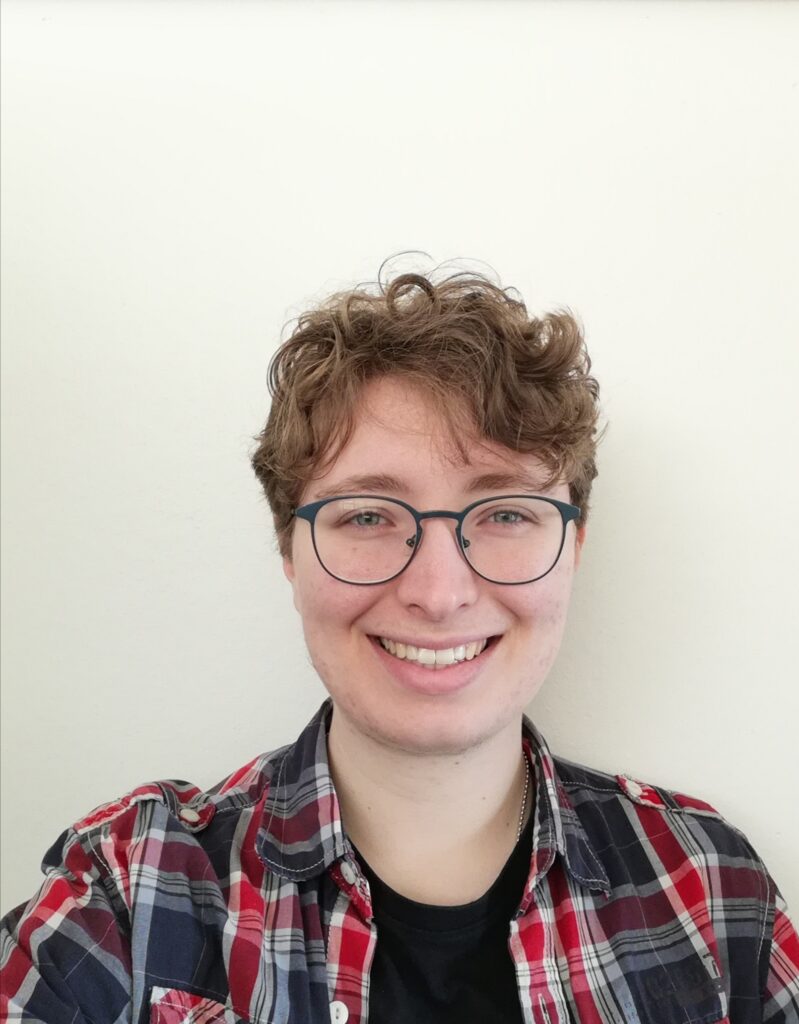
Education & Biography
2023-Present: PhD Student – GeoEnergy, Lyell Centre, Heriot-Watt University, UK
2022-2023: MSc Structural Geology with Geophysics, University of Leeds, UK
2022: Internships; TownRock Energy, UK. GeoTenerife, UK.
2018-2021: BSc (Hons) Geology, University of Plymouth, UK
Research Interests
- Quantitative characterisation of fault-fracture networks and associated coupled hydro-chemical-mechanical processes in mudrocks.
- Fault-associated low-carbon energy resource assessment and de-risking; CCUS, hydrogen storage, geothermal.
- Chemical self-healing and cementation within fault systems as relating to permeability and mechanical behaviour.
- Diagenetic control on fault-fracture network evolution.
PhD project (NWS funded)
Title: Field, laboratory, and modelling constraints on fluid transport of hydrogen in fractured mudrocks with a focus on chemical self-healing.
Hydro-mechanical coupling to chemical self-healing in heterogenous mudrock-hosted fault-fracture networks.
Hydrogen is a significant industrial energy vector and a potential hazard as a radionuclide carrier within nuclear waste storage. The secure, long-term containment of hydrogen in these cases is critical of safety cases, and is strongly dependent on the petrophysical characteristics of any faults present in the host subsurface.
The Mercia Mudstone Group acts as a case study for heterogenous mudrock hosted fault-fracture networks, as a key caprock for many gas storage projects and a potential waste storage formation for Nuclear Waste Services. Current understanding of processes in these fault zones have been hindered by significant uncertainty due to the extreme variability of the formation and a lack of samples and study.
Collaboration with Nuclear Waste Services and British Geological Survey provides a foundation for this PhD, integrating a number of laboratory and field methods to study these fault-fracture networks. A main goal of this research is to constrain the character and hydro-mechanical behaviour of natural fractures on a number of scales as they chemically heal within evaporitic mudrock sequences. This will inform the viability of a number of potential gas and waste storage sites, both in the UK and potentially worldwide.
Email: kep2000@hw.ac.uk

